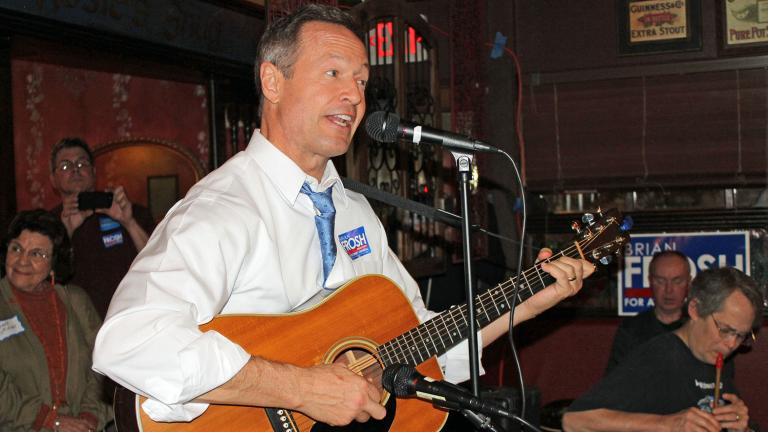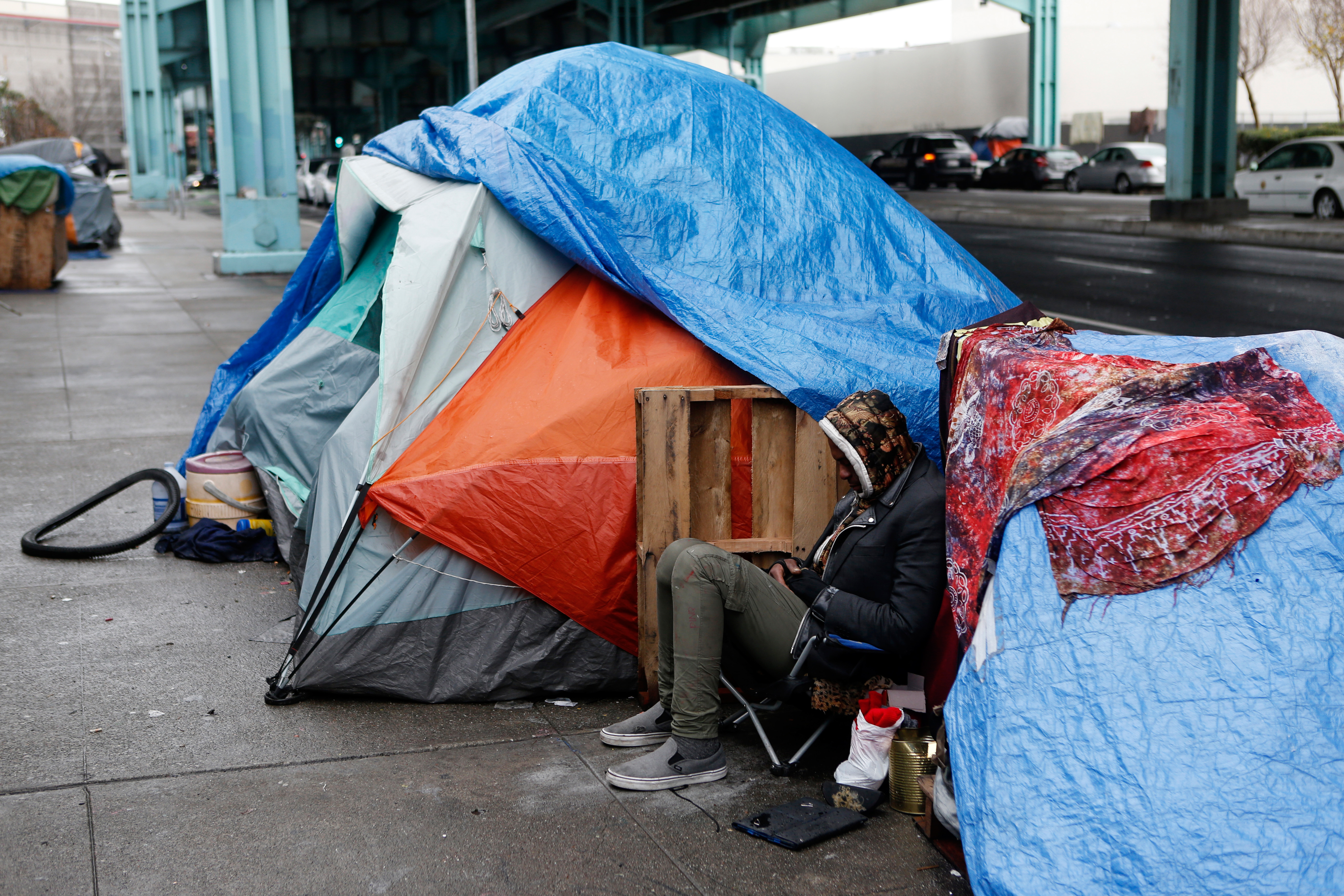Don’t you just hate it when you’re walking into your engineering job at Twitter and trip over a homeless encampment? Or when you’re coming out of hot yoga and there’s an entire homeless family blocking the sidewalk? So rude! Luckily, there’s a new app out there for people like you: Meet SnapCamp.
SnapCamp, according to its website, is “an innovative app aiming to bring about social change one photo at a time. By documenting and sharing information about homeless encampments, you can help clean up our community.” Sounds like a social justice project, right? Nay. “Illegal tent cities can be breeding grounds for drug abuse, mental illness, harassment, and property crime,” the site continues. “By supplying information about these dangerous public eyesores, you can help law enforcement make people who live and work in your city feel safe. … Our app makes it easy to take pictures from a safe distance without putting yourself in danger.”
Oh boy. So it’s an app to rat out homeless people to the cops. But could something this heartless possibly be real or is it a grand piece of digital performance art?
We’re going with performance art. Not only is the app unavailable in the App Store, half of the links on the site are dead. Besides, the “testimonials” are too over-the-top to be legit, even for San Francisco tech babies.
“The park where I run always has people sleeping on benches, camping in the bushes and hanging filthy sleeping bags to dry on the chin-up bar,” wrote tech evangelist Codee LaBrea. “They’re more than a nuisance — it really ruins my day.”
The testimonial from digital designer Jared Gustafsen is even more suspect — in part because Gustafsen looks remarkably like venture capitalist Steve Jurvetson.

OK, OK, so it’s not a real app. But it’s hardly unimaginable: Homelessness is an actual crime in many cities — and it’s a problem that keeps getting bigger. This is especially true in places like San Francisco and Seattle, where the economy is rapidly growing thanks to an influx of tech money. A recent one-night count of homeless in Seattle, for instance, found a 19 percent growth in just the last year — and that’s a conservative estimate.
Besides, there are already apps out there that help people avoid areas they deem unsafe, like SketchFactor, a short-lived mapping app that let people navigate around “sketchy” areas — which is code for “minority neighborhoods.” SketchFactor didn’t last long, unlike Nextdoor, a hugely popular neighborhood-watch app that has become a haven for online racial profiling. Incredibly, some of these terrible ideas are even sanctioned by the authorities: Last year, Ed Mullins, president of New York City’s largest police union, asked members to photograph “the homeless lying in our streets, aggressive panhandlers, people urinating in public or engaging in open-air drug activity, and quality-of-life offenses of every type.” The photos, as Fusion reported, were then posted to the union’s Flickr account. So while SnapCamp might not be real, that doesn’t mean someone, somewhere won’t make a live version soon. Probably in San Francisco.
SnapCamp (and “Jared Gustafsen”) were unavailable for comment.



